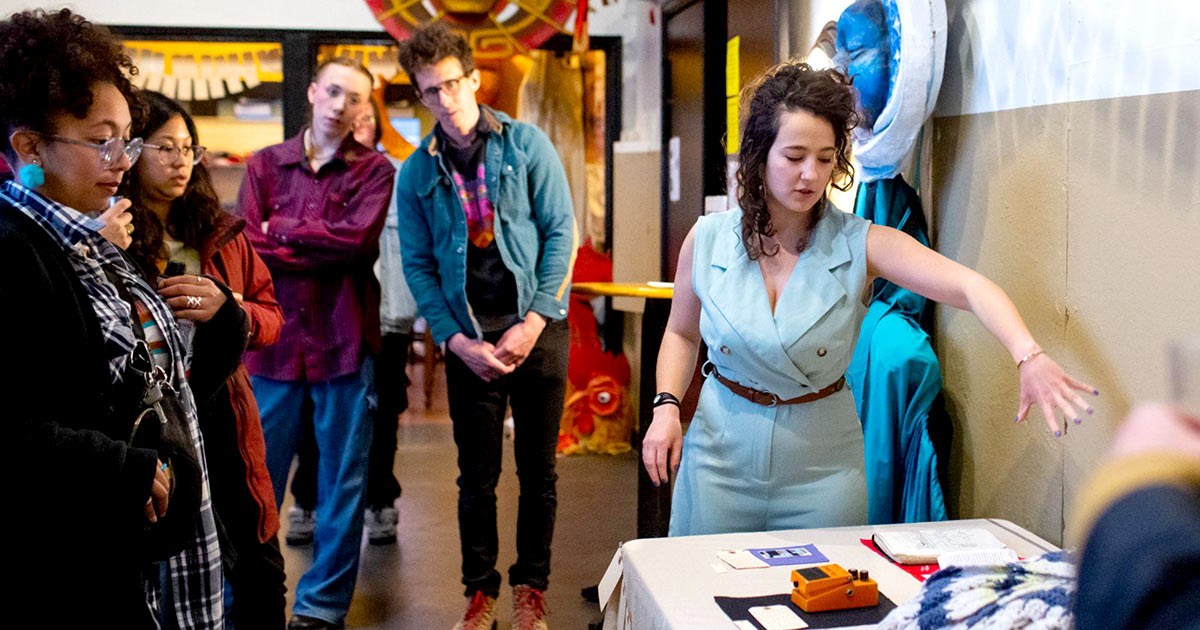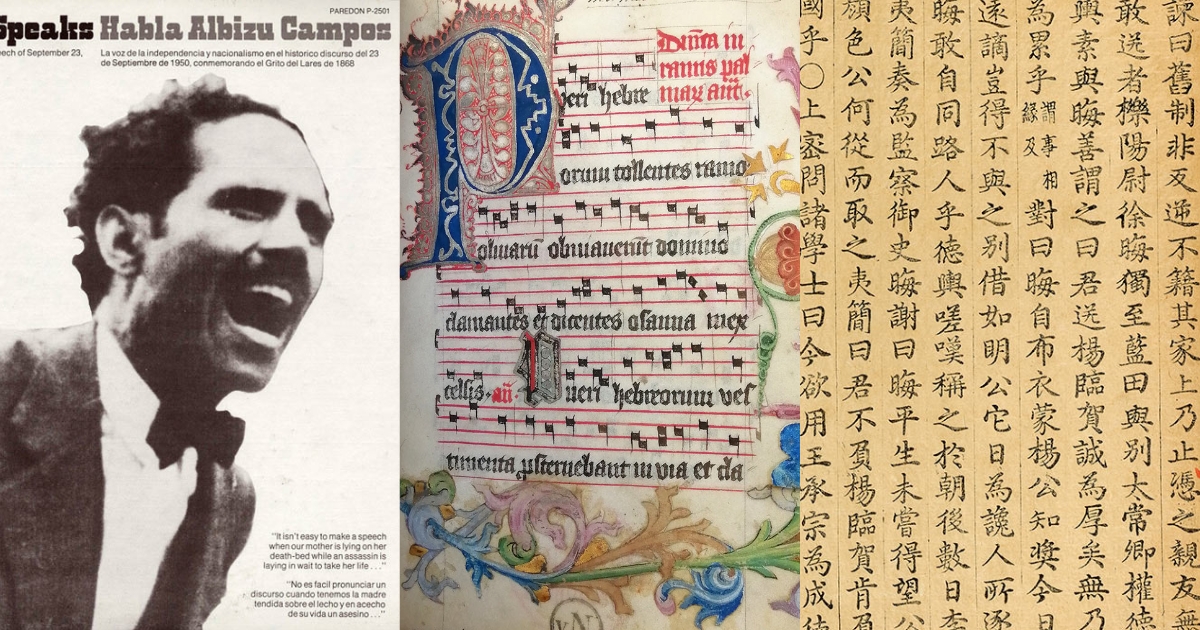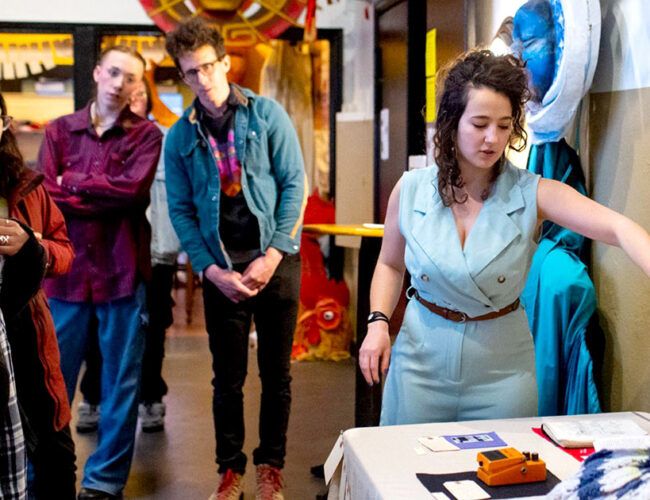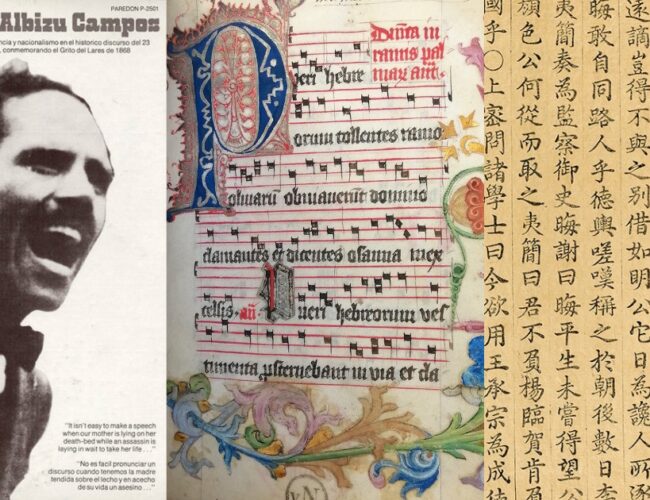
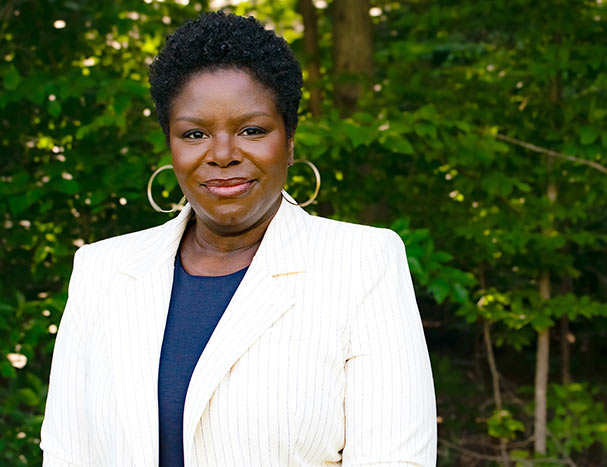
NHC Announces Blair LM Kelley as New President
Dr. Kelley's appointment marks a pivotal moment for the Center as it looks to build on five decades of foundational work in supporting and advancing humanities research and education. Learn More ›

Featured Research
Fellows at the National Humanities Center explore a diverse array of topics, touching on people, events, and ideas across time and geography. Here you'll find them sharing a little about how they were inspired to pursue their subjects, the insights they've gained, and how their work contributes to their disciplines and to our understanding of the human experience. Read More ›

What Are the Humanities?
Humanities research adds to our knowledge of the world, as scholars investigate differences between cultures and communities around the world and across time, consider the ways art is made and received, or unveil the undercurrents that have shaped history. Learn More ›
